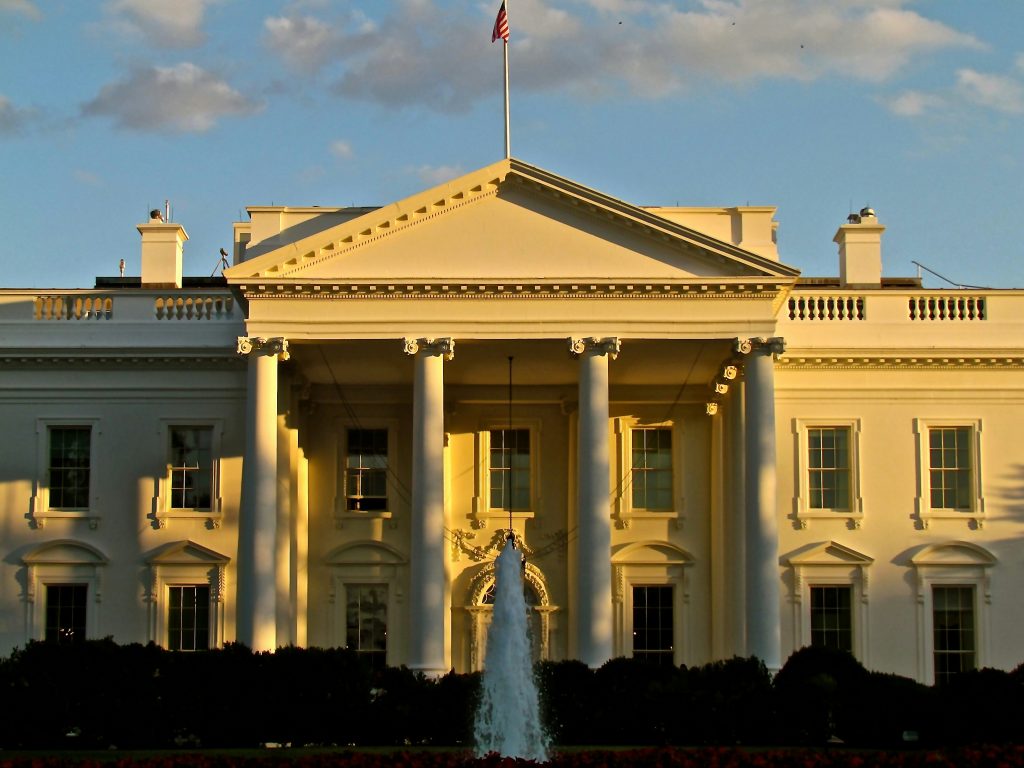True Hollywood Story: Investors Sue Celebrities for Bad Investment Advice

By Roshin Bhangoo*
The FTX crypto platform fiasco is a prime example of how individuals can exploit new, rapidly expanding (and not widely understood) securities in the financial sector. FTX’s is perhaps the biggest cautionary tale in crypto trading, and its CEO, Samuel Bankman-Fried, has become a household name synonymous with Wall-Street scams. However, FTX did not rise to prominence on its own. Household, A-list celebrities promoted the platform and appeared in ads to skyrocket FTX to the hottest investment on Wall Street. Names include: Tom Brady & Giselle Bundchen, Larry David, Shaquille O’Neal, Steph Curry, Kevin O’Leary, and more.[1] After the FTX scam was exposed, investors filed a class action lawsuit against FTX’s celebrity endorsers alleging the celebrities misled unsophisticated investors to invest in the “Ponzi scheme” by not properly disclosing their financial relationship to the company.[2] But should celebrities be responsible for the investment decisions of average consumers? A district court in Florida will attempt to answer this question and set a precedent for celebrity involvement in crypto companies in the future.
This is not the first instance where celebrity involvement in crypto-related companies has been called into question. Last year, billionaire Mark Cuban was named in a class action lawsuit for his promotion of a crypto platform that eventually filed for bankruptcy.[3] Like in the FTX class action, the lawsuit argued Cuban failed to disclose his compensation for promoting the platform and that the accounts sold by the platform are securities.[4] In another instance, reality TV superstar Kim Kardashian paid $1.26 million to the SEC for failing to disclose that she was paid $250,000 to publish an Instagram post promoting an Ethereum-based token.[5] SEC Chair Gary Gensler stated, “[W]hen celebrities . . . endorse investment opportunities, including crypto asset securities, it doesn’t mean that those investment products are right for all investors . . . . Ms. Kardashian’s case also serves as a reminder to celebrities . . . that the law requires them to disclose to the public when and how much they are paid to promote investing in securities.”[6] Because Kardashian settled the case, the question of whether cryptocurrencies are securities was left open.
The FTX class action lawsuit hinges on whether the FTX yield-bearing accounts which investors bought are securities.[7] If they are, the lawsuit alleges the named celebrities violated both Florida’s Securities and Investor Protection Act and Deceptive and Unfair Trade Practices Act by failing to disclose compensation for their promotion of the platform. To determine whether the crypto accounts are securities, the court will likely apply the Howey Test.[8] The test is simple: “whether the scheme involves an investment of money in a common enterprise to come solely from the efforts of others.”[9] Its application to this case is cloudy. The SEC believes cryptocurrency passes the test and is a security, but it is also true that there isn’t a national exchange on which crypto is traded, nor does it seem likely profits are made by the sole efforts of others. Regardless of how the Florida District Court finds on this issue, the question remains: should celebrities be responsible for the investment decisions of average consumers?
Most investors have been told to “invest at your own risk” at some point. It is common knowledge celebrities are paid for appearing in commercials and endorsing products. Would being informed of the compensation a celebrity received for endorsing a relatively new, extremely volatile, and not easily understood investment vehicle really make someone think twice before putting their money down? It may be that “unsophisticated investors” who have lost money in these sham companies are looking for someone to blame without taking responsibility for their own decisions. On the other hand, celebrities who have made fortunes selling products to their fans (directly or indirectly) should have a duty to not blindly promote something which may cause those fans to lose their shirts. The FTX case will show how this issue is legally decided and will hopefully encourage celebrities and investors alike to take responsibility for their decisions and to do a little more homework.
* J.D. Candidate, Class of 2023, Sandra Day O’Connor College of Law at Arizona State University.
[1] Brian Contreras, Have Celebrities Learned Their Lesson from the FTX Debacle?, L.A. TIMES (Jan. 18, 2023), https://www.latimes.com/entertainment-arts/business/story/2023-01-18/has-hollywood-learned-its-lesson-from-the-ftx-debacle.
[2] Zoe Guy, Celebrity Crypto Ambassadors Sued over FTX Crash, VULTURE (Nov. 17, 2022), https://www.vulture.com/2022/11/ftx-lawsuit-celebrities.html.
[3] Anita Ramaswamy, Mark Cuban, Mavericks in Hot Water over Voyager ‘Ponzi Scheme,’ TECHCRUNCH (Aug. 11, 2022), https://techcrunch.com/2022/08/11/mark-cuban-mavericks-face-lawsuit-over-crypto-voyager-ponzi-scheme/.
[4] Id.
[5] Press Release, U.S. Sec. and Exch. Comm’n, SEC Charges Kim Kardashian for Unlawfully Touting Crypto Security (Oct. 3, 2022), https://www.sec.gov/news/press-release/2022-183.
[6] Id.
[7] Michael A. Mora, Miami Judge to Weigh Whether Crypto Platform FTX’s Investment Product Is a Security, LAW.COM (Jan. 20, 2023), https://www.law.com/dailybusinessreview/2023/01/20/miami-judge-to-weigh-whether-crypto-platform-ftxs-investment-product-is-a-security/?slreturn=20230304195514.
[8] See SEC v. WJ Howey Co., 328 U.S. 293 (1946).
[9] Id. at 301.


